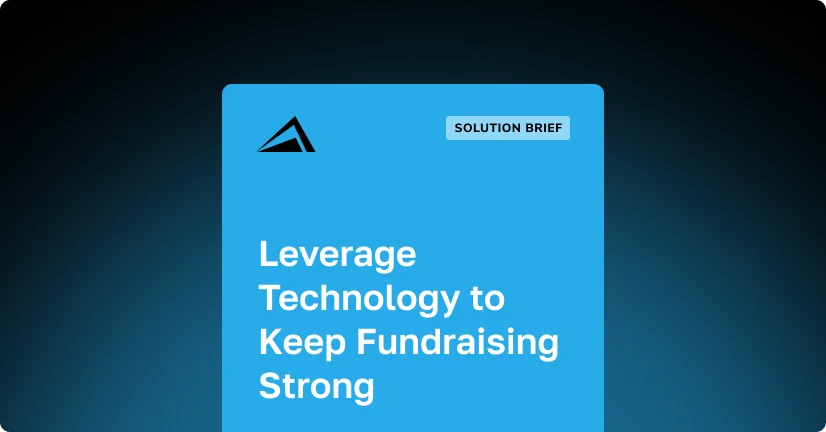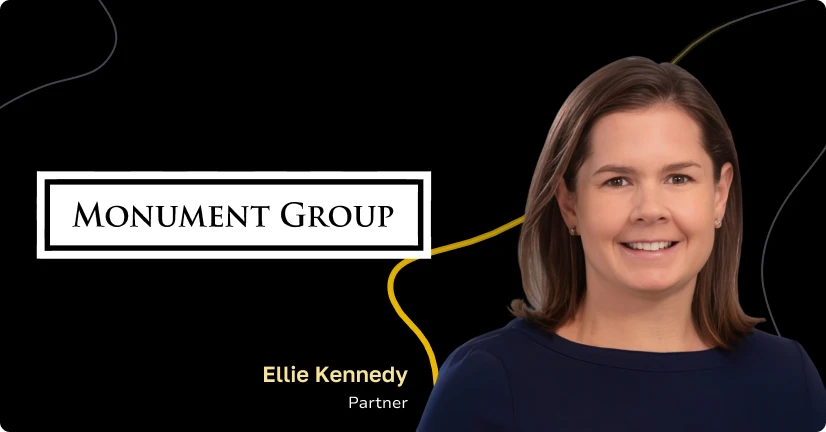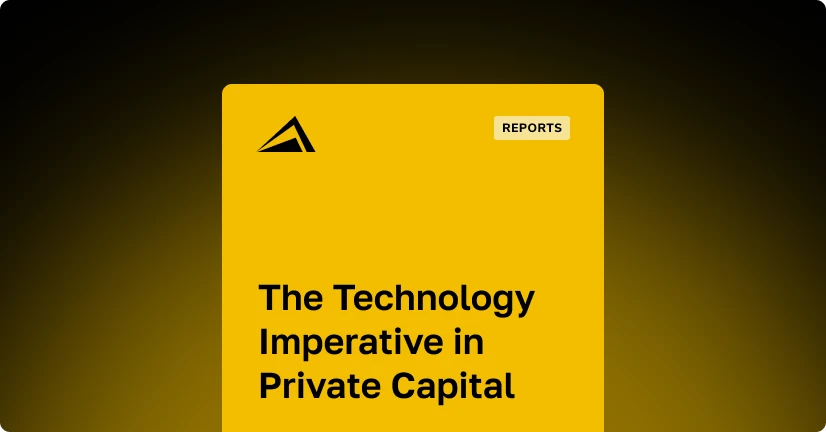Platform
Blogs
Altvia Blogs
Filter
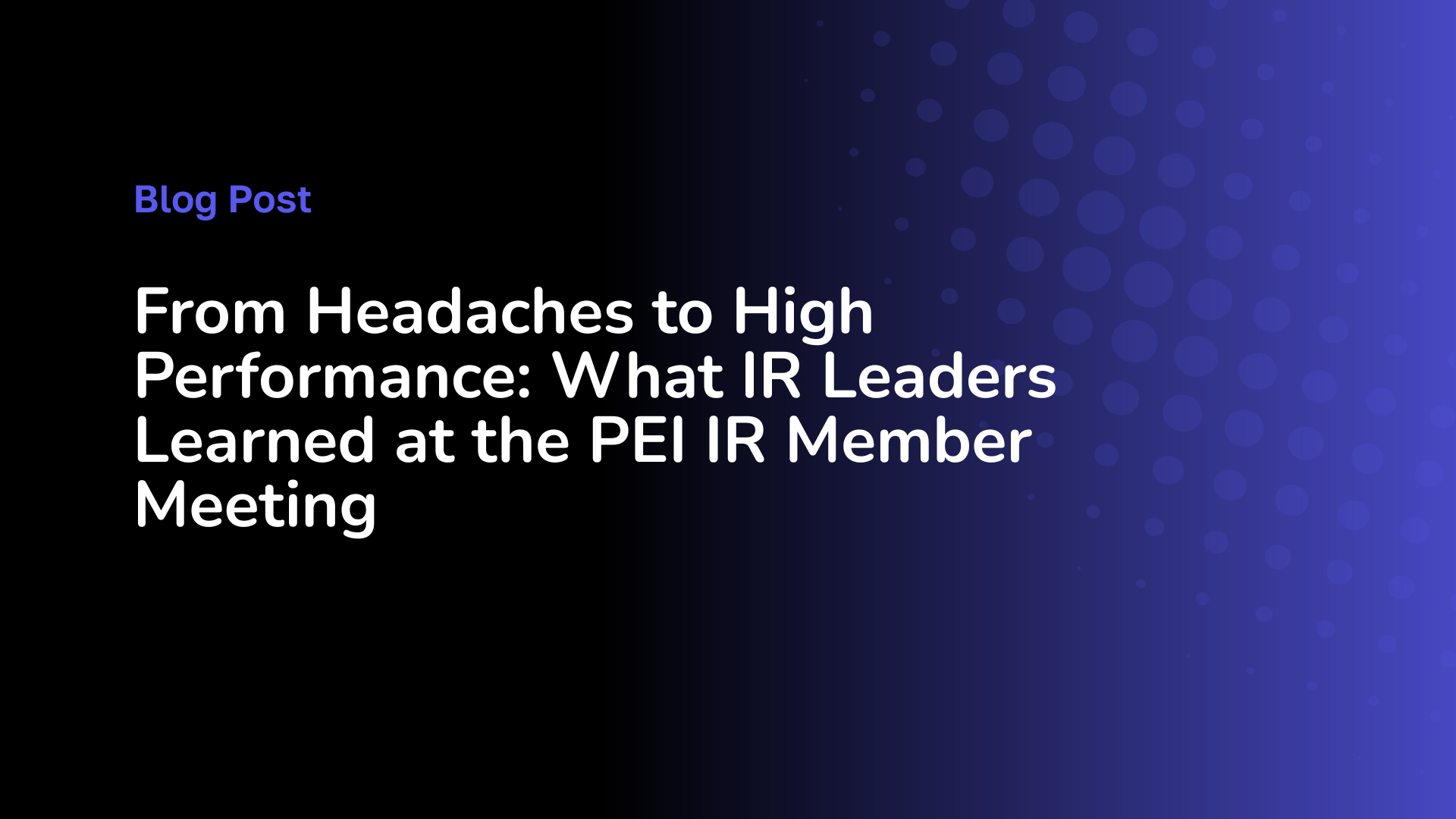
Blog
From Headaches to High Performance: What IR Leaders Learned at the PEI IR Member Meeting
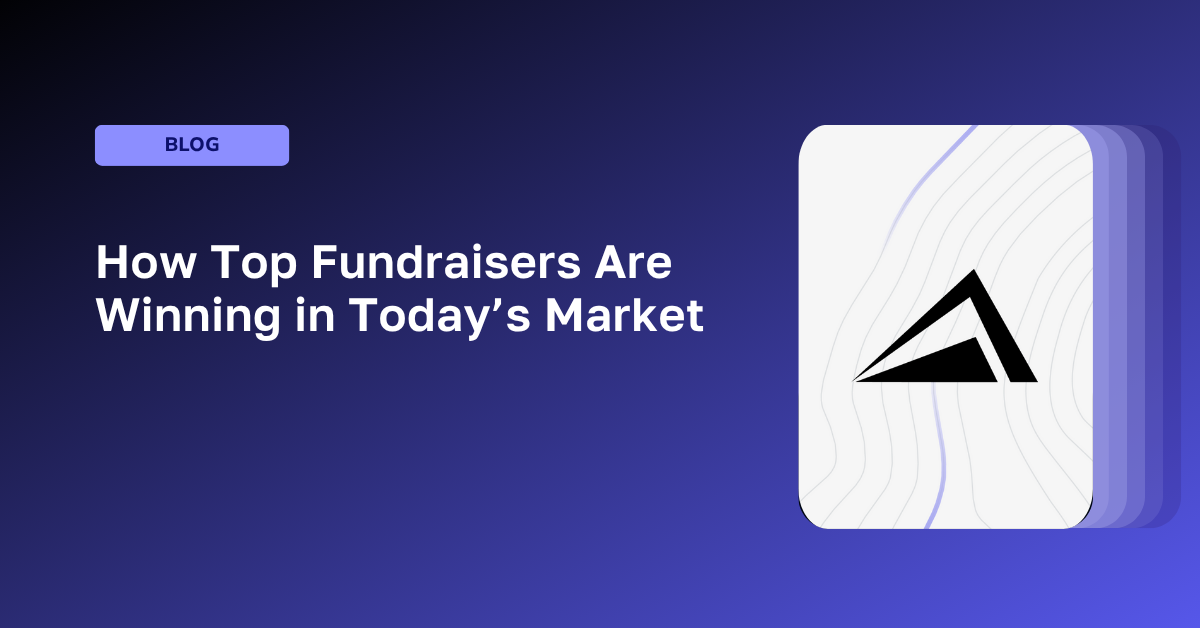
Blog
How Top Fundraisers Are Winning in Today’s Market
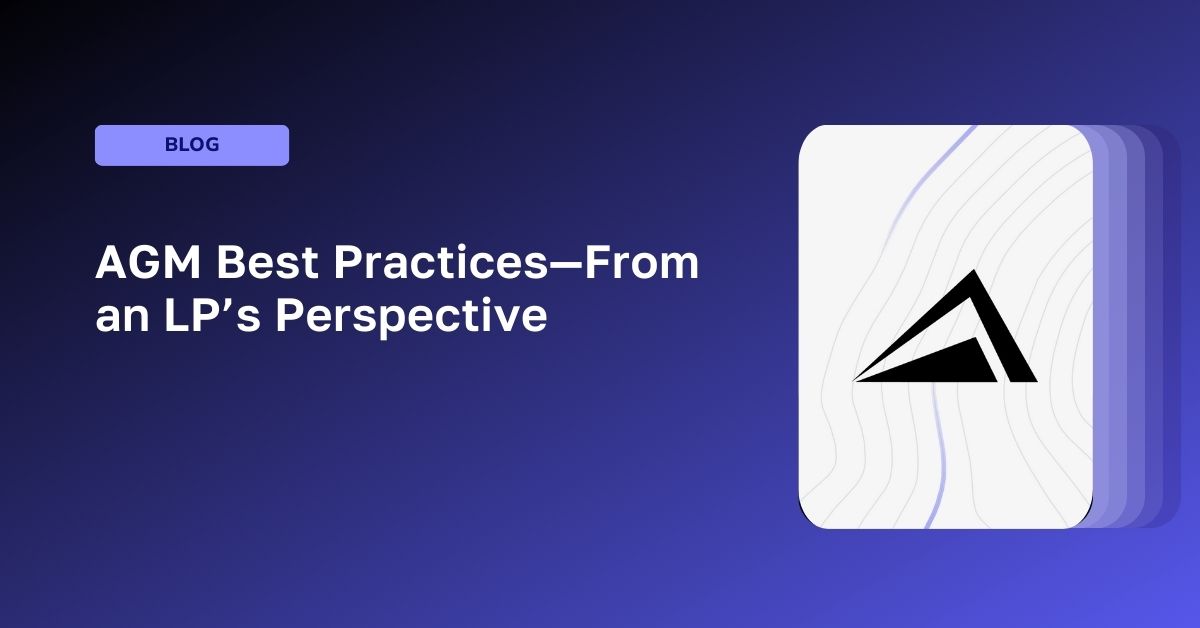
Blog
AGM Best Practices—From an LP’s Perspective
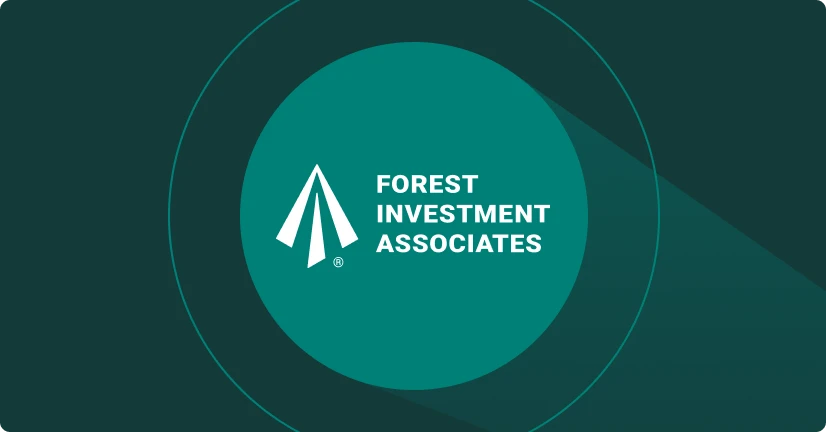
Blog
New Client Spotlight: Forest Investment Associates
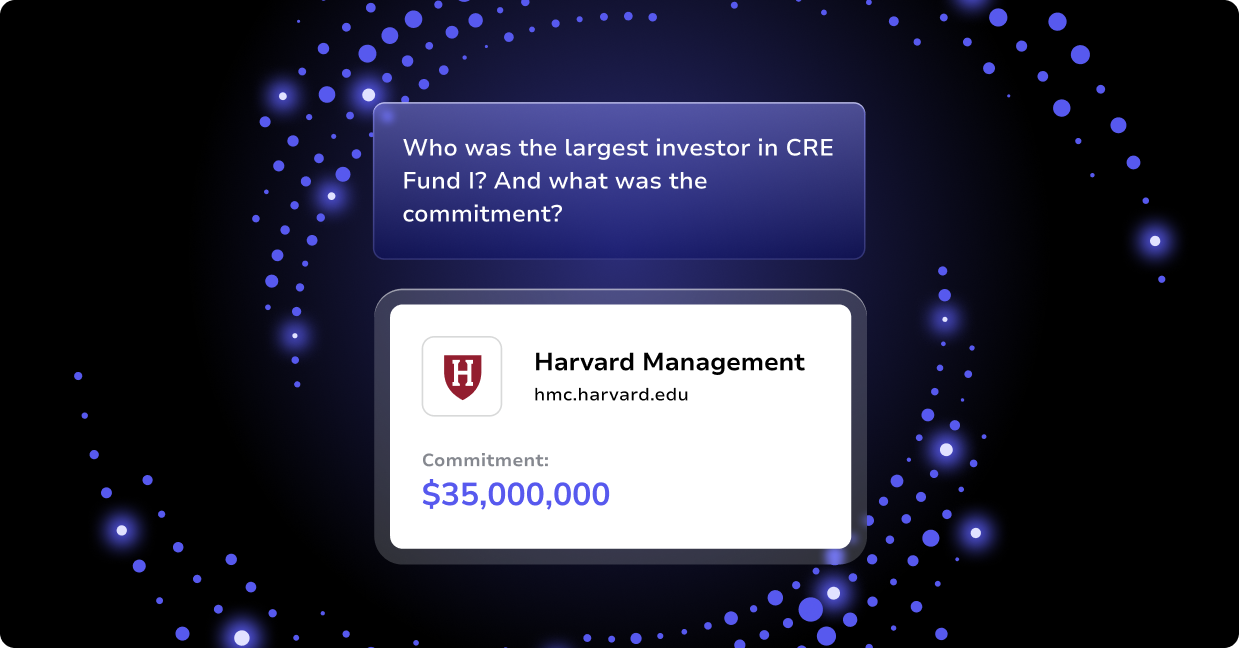
Blog
AI Without the BS: Purpose-Built for Private Capital Teams

Blog
The AI Advantage: A Roadmap for Private Equity Success
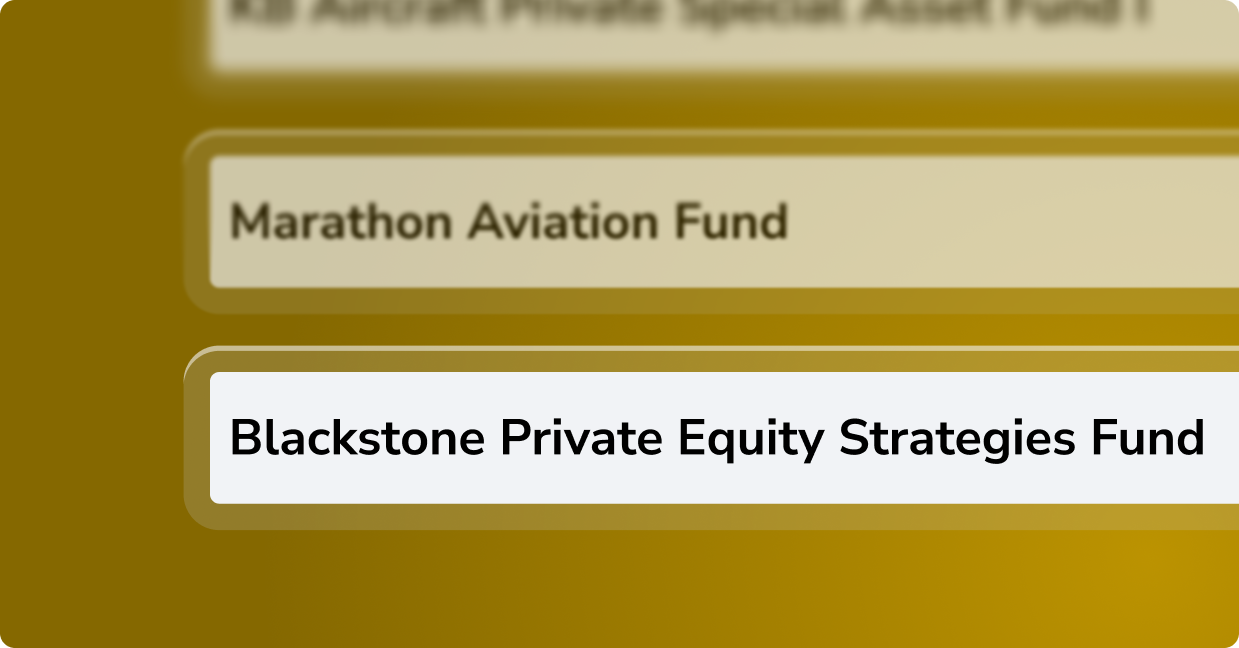
Blog
Private Equity in 2025: AI, Fundraising, and the Race to Stay Ahead
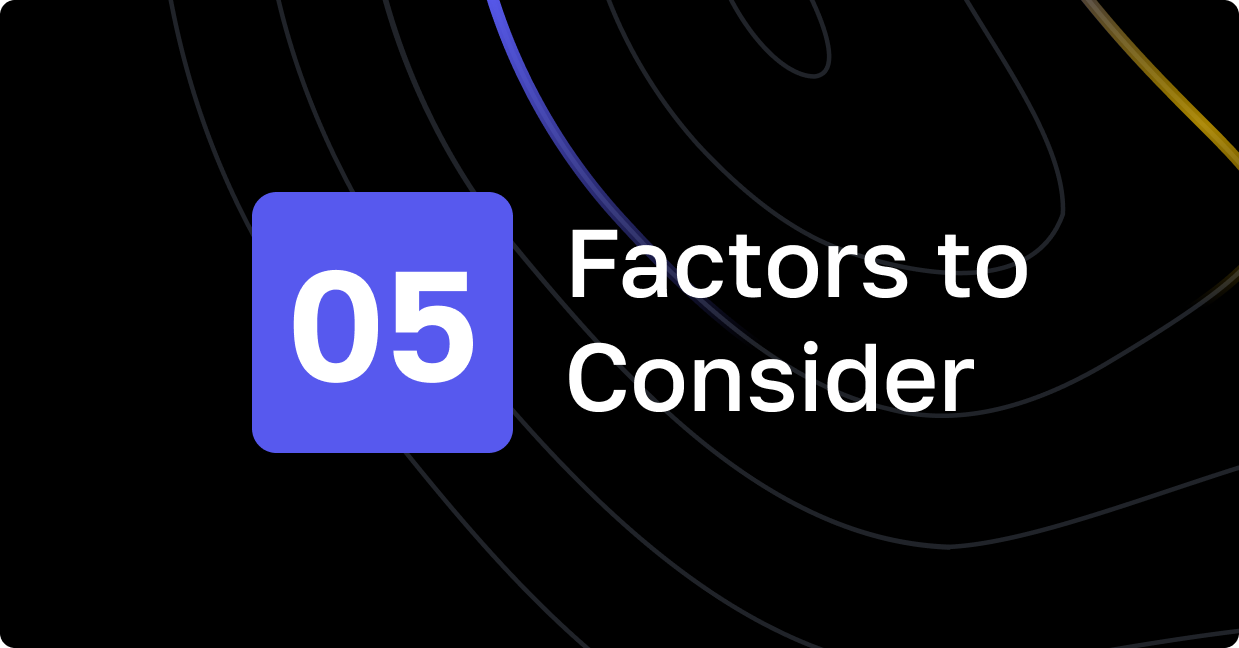
Blog
Five Factors to Consider When Choosing Private Equity Investor Relations Software
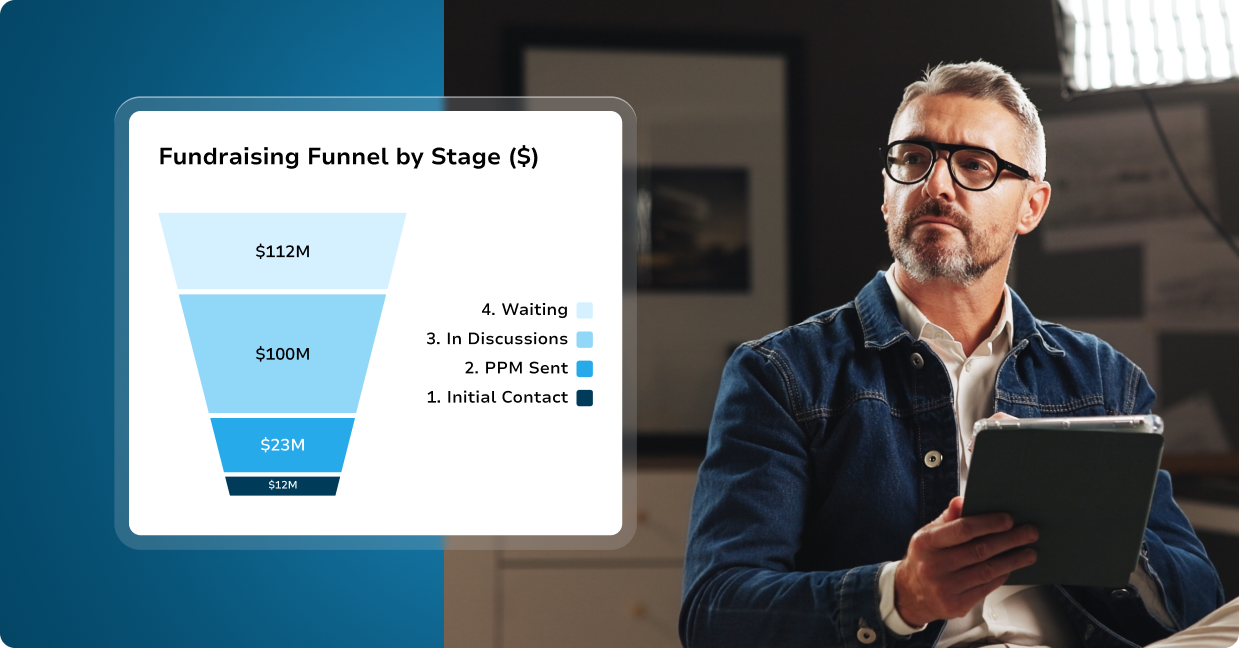
Blog
Adapting to a New Era of Fundraising: PEI IR & Fundraising Forum 2024 Recap
Book a demo
See Altvia’s Platform in Action
Learn how Altvia helps you unlock intelligence, deepen relationships, and drive performance across every fund, strategy, and stakeholder.
Get in Touch
Fill out the form below with your work email to be routed to a calendar to select your meeting time.
